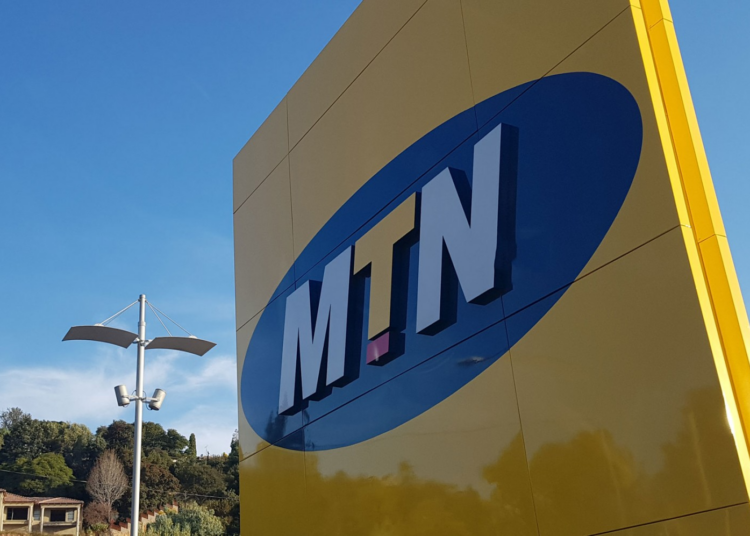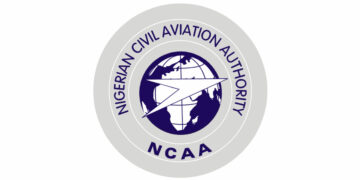MTN Nigeria has stressed the need to have an integrated approach to National Identification Number (NIN) enrolment in Nigeria, which the communication giant said is need by all Nigerians to enable them register for social payment, access financial services for economic growth, and have access to telecommunication services.
MTN Nigeria also disclosed that as one of the FEPs, it has established over 13,000 terminals in its field operations across more than 13,000 service points. He announced that between January and now, MTN Nigeria has enrolled nearly seven million Nigerians for NIN. “We know how important this is and we are invested in being a core part of the solution,” he said, promising that “As our technology propositions expand, we are also opening up access to a new digital world for those who trust us with their digital journey.”
CEO of MTN Nigeria Karl Olutokun Toriola made the remarks at the 5th Identity Day Communication with the theme “Theme: Identity as a Catalyst for Nigeria’s Development – Examining the Role of Identity in Key Government Programs of Social Safety Net, Financial Inclusion, Promotion of Good Governance and Transparency.” He urged the authorities not to see enrollment in NIN as the end of the journey but the beginning.
“It is the targeted and transparent social welfare payments that can be delivered that will make a real difference to the lives of Nigerians who need that help the most. It is the access to credit, markets and insurance that participation in the formal financial economy enables that will help Nigerian micro-entrepreneurs graduate to a new level. It is the fiscal benefits that come from a productive population, integrated into the formal economy that will help ensure the government has the resources required to invest in the next phase of development. It is the transparency and improvements in governance that it enables that will help ensure that Nigerians can be confident these resources are spent well,” Mr Toriola said at the Abuja event at the weekend.
Represented by head of IT service management and governance at MTN, Ude Enebeli, Toriola said alongside payments and connectivity, access to foundational identity is one of the three core pillars of the digital public infrastructure that is required to deliver digital services to Nigeria’s population, and is a critical enabler for the growth of an inclusive and sustainable digital economy. “Without access to identity, citizens will quite simply be digitally and financially excluded.”
Nigeria currently has over 102 million citizens (including children) enrolled in the National Identity System, and has seen significant growth in enrollment over the last two years as NIN has progressively been made a prerequisite for access to a range of other government and commercial services, from sim cards to passports and driving licences.
Toriola said that is an incredible achievement and a testament to the vision of the federal government, to NIMC’s leadership in the sector and a demonstration of what can be achieved when an ecosystem of partners across the public and private sector work together to achieve a national priority. “Nigeria is incredibly well positioned to complete the job,” he said, to ensure that every Nigerian that needs identity, has access to it.
Minister of interior Olubunmi Tunji-Ojo, said he believes that technology for identity management can be localized, adding that “We must also make national security to be at the center of everything we do.”
The minister said without an effective identity management, the country cannot develop. He said the nation will not be able to achieve the renewed hope agenda of the current administration with a secured and harmonised identity system.
“We need a system that would help to prevent criminals from accessing facilities, including hotel booking,” he said, disclosing that government has started the harmonisation of national identity. He stressed the need for Nigeria to have a single digit identity for easy and effective national planning. He said the proliferation of registers can stop while NIMC becomes the point of reference for social register. “NIMC, we are relying on you to make sure that people are actually who they say they are with proper verification,” Tunji-Ojo said.
The MTN boss acknowledged that driving enrollment for estimated 100 million Nigerians will be harder than the work that was required to enroll the first 100 million. For him, delivering universal access is a process that requires collaboration and commitment across the ecosystem.
Mr Toriola called for collaboration between national and state governments and agencies, with commitments from sub-national administrations to support the enrolment process, and a clear recognition of the strategic importance for their own development agendas. “This needs to be supported with the funding required, not just to ensure the infrastructure is in place to enrol all Nigerians, but also to ensure the resources and capacity are in place to maintain the database going forwards,” he said.
“At MTN Nigeria we fully believe in this vision, we are on the journey with you and we are excited about the opportunities in front of us,” he stated.
We’ve got the edge. Get real-time reports, breaking scoops, and exclusive angles delivered straight to your phone. Don’t settle for stale news. Join LEADERSHIP NEWS on WhatsApp for 24/7 updates →
Join Our WhatsApp Channel










